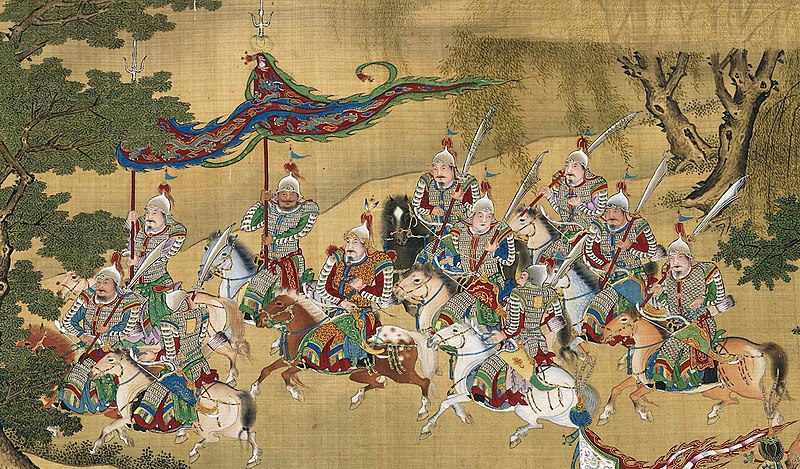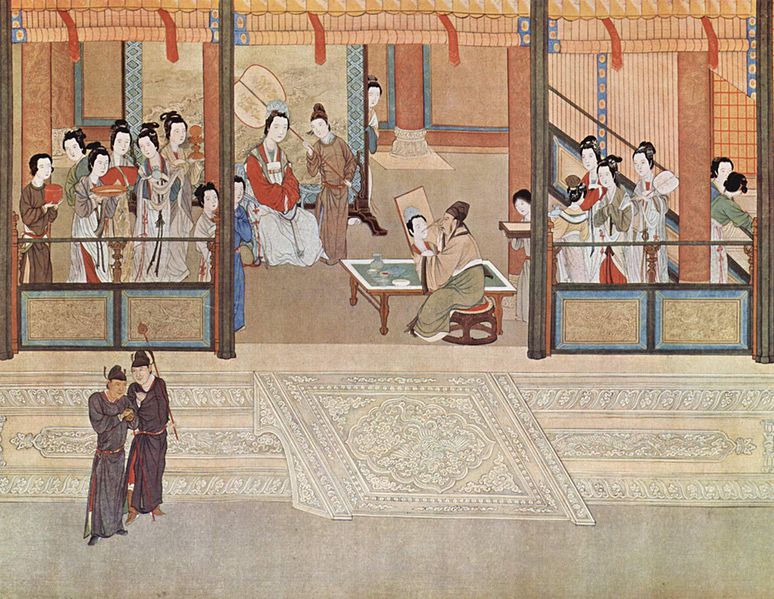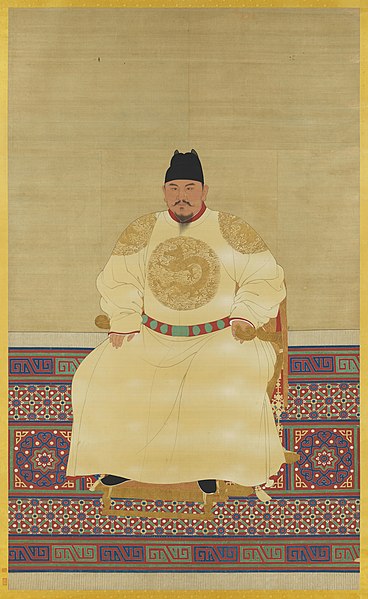Born in 1328 to a family of impoverished peasants, Hongwu defied all odds to rise through the ranks and establish the mighty Ming Dynasty that would rule over China for nearly three centuries.
A Life of Hardship and Rebellion
Hongwu’s early years were marked by extreme poverty and hardship. With his father dying when he was just 16, the young Zhu Yuanzhang was forced to fend for himself, taking on odd jobs and even becoming a beggar monk for a period.
However, his fortunes took a dramatic turn when he joined the Red Turban Rebellion, an uprising against the ruling Mongol-led Yuan Dynasty. Through his courage and leadership on the battlefield, Hongwu quickly rose through the rebel ranks.
By 1368, his forces had decisively defeated the Yuan armies and he declared himself the Hongwu Emperor, founding the Ming Dynasty with its capital at Nanjing.

Ming lamellar coat cavalry. Public domain, via Wikimedia Commons.
Reform and Tightening the Social Order
His early reforms aimed to improve the lives of the peasantry, remembering his own harsh upbringing. He lowered taxes, promoted agricultural development, and encouraged education.
Yet, the same emperor was ruthless in consolidating power, suspicious of even the most loyal of officials. Notorious purges eliminated potential rivals and critics, casting a dark shadow over his accomplishments.
Despite his peasant origins, the Hongwu Emperor implemented policies that, paradoxically, restricted social mobility. His modifications to the imperial examination system, while reviving it, also imposed limitations that favored the gentry and the established elite, ensuring that the bureaucratic apparatus remained under tight control. These measures were aimed at consolidating power and preventing the rise of potential rivals from the lower social strata.
At the same time, Hongwu promoted a strong cultural identity and Confucian values that emphasized duty, morality and obedience to the emperor. This helped solidify his family’s control and aura of legitimacy despite their non-aristocratic roots.

Ming palace c.1530-1550. Public domain, via Wikimedia Commons.
An Enduring Legacy
Beyond unifying China after decades of unrest, Hongwu left an indelible mark through a series of legal, cultural and economic reforms.
He overhauled the taxation system, issued a new unified currency, and prioritized agricultural development while also investing heavily in infrastructure projects like canal networks and the rebuilding of the Grand Canal.
Perhaps Hongwu’s greatest legacy, however, was the long reign of the Ming Dynasty that would endure for nearly 300 years after his death in 1398. His life story – rising from an illiterate peasant to becoming one of China’s greatest emperors.

